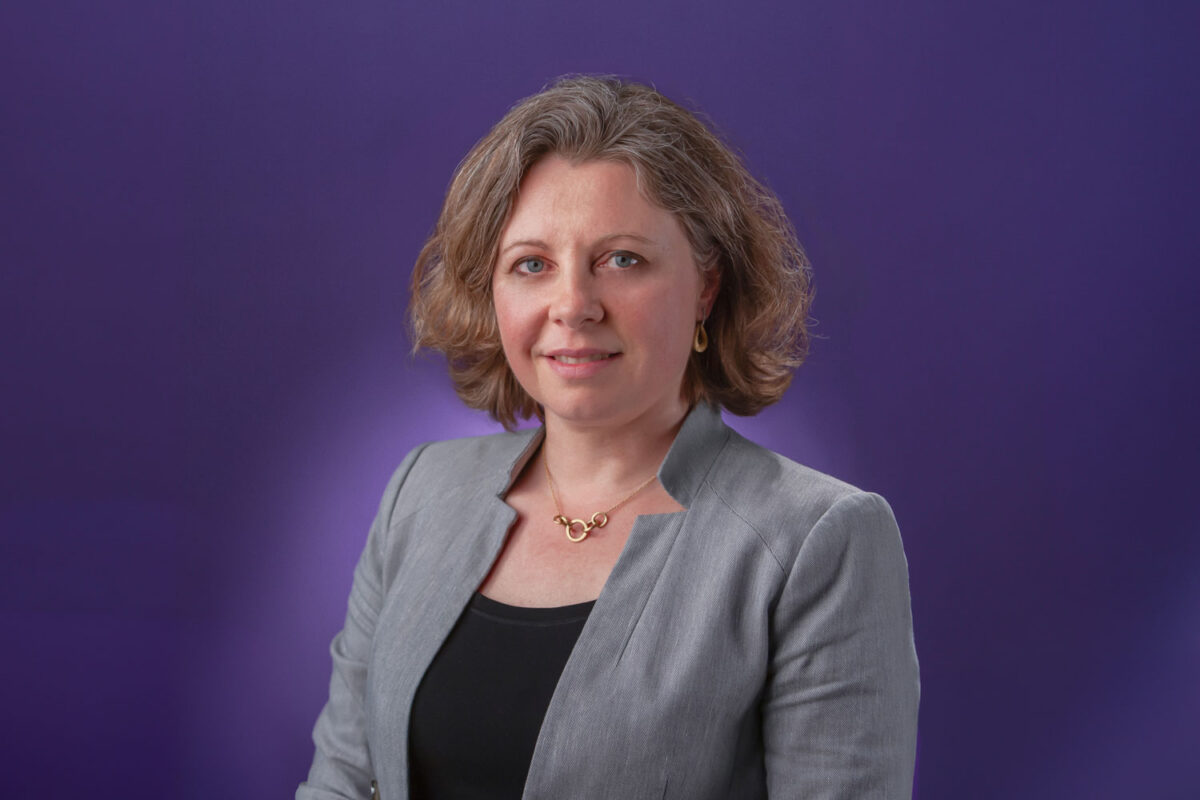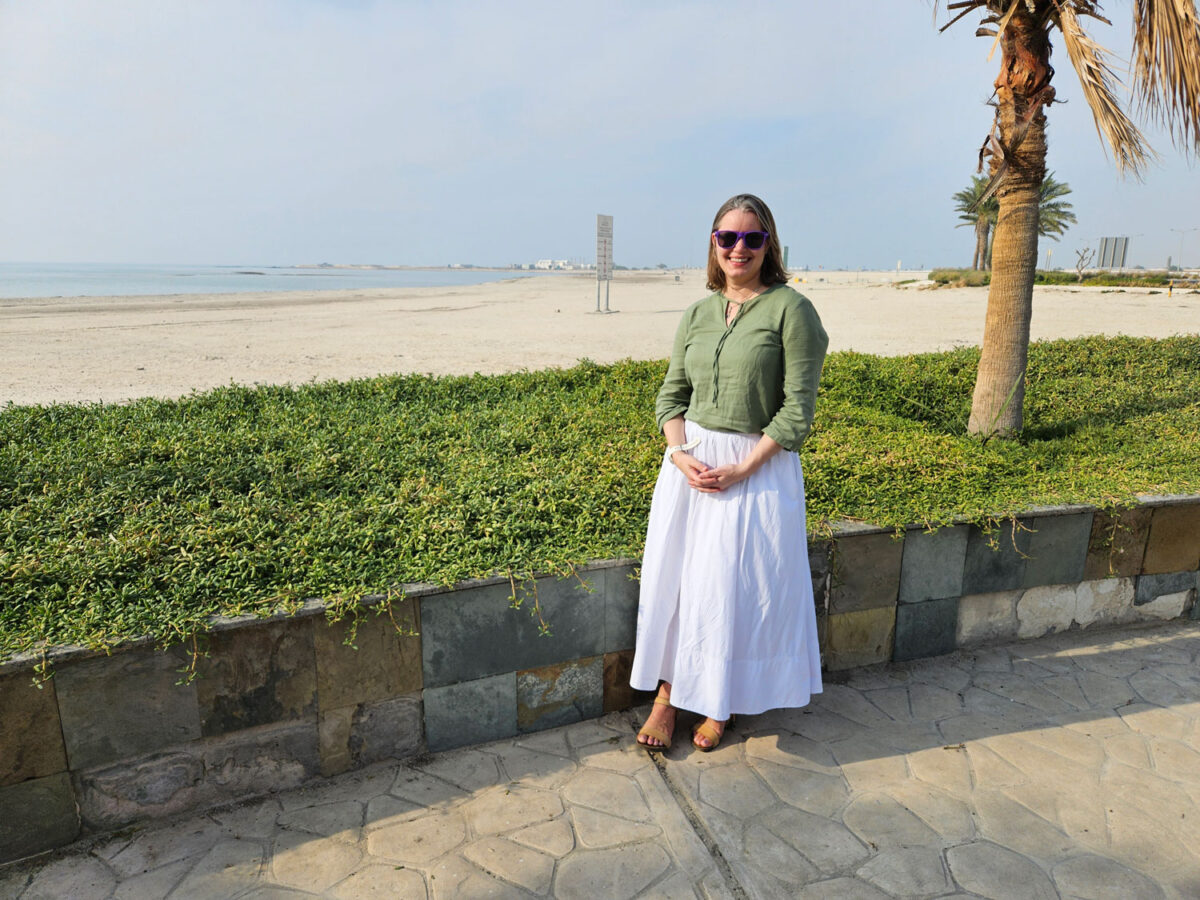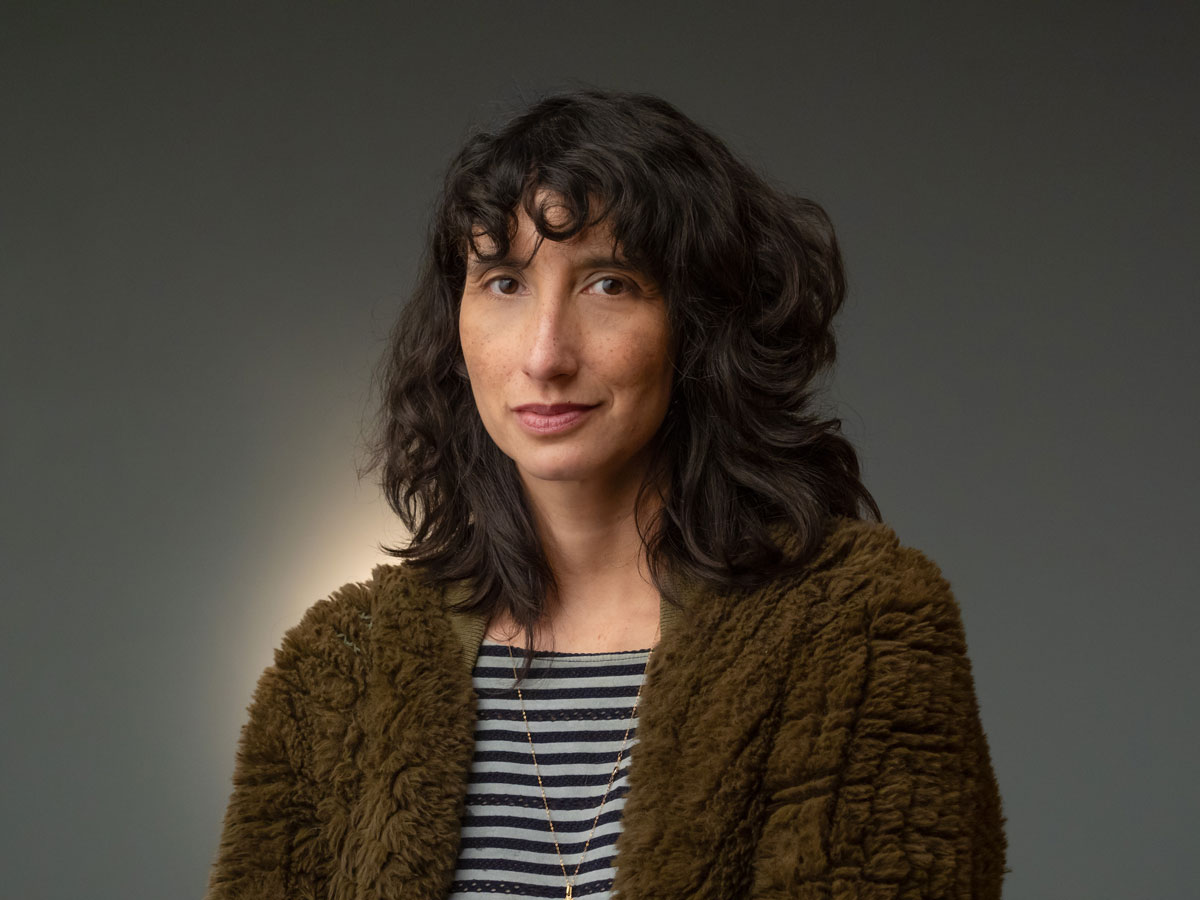It’s ski season and cold sunny days fill outdoor enthusiasts with delight. East of Seattle, the Summit at Snoqualmie is a popular destination for winter sports. But skiing there and in many other locations comes with stairs, crowds and an infrastructure generally built for skiers and snowboarders who ride solo on two legs.
Observing this winter activity through a lens of accessibility and disability justice is the point of a new community-engaged class developed by Dr. Jason Naranjo, associate teaching professor in the School of Educational Studies at the University of Washington Bothell.
Engaged in the community
The course, “Disability & Society: A Focus on Community and the Outdoors,” pairs UW students from the Bothell and Seattle campuses with skiers from Outdoors for All, an organization that provides adaptive outdoor activities for people who, for cognitive or physical reasons, cannot simply pop on skis and hit the slopes. The students serve as volunteer ski instructors and, at the same time, learn from program participants about their successes and challenges getting out on the snow.
Naranjo has been teaching about disability justice, inclusion and access for years, mostly in classrooms. This new course, focused on experiential learning in the community, was a natural next step for students who asked how they could use their education to make a difference.
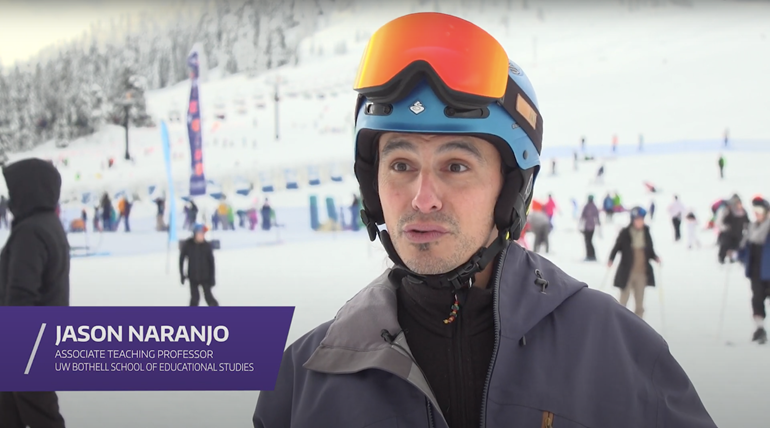
Jason Naranjo, associate teaching professor in the School of Educational Studies
“What’s happening here is applied learning. This is the way our world works outside of university classrooms, and I think it’s really great when we can create authentic spaces for our students to learn in,” Naranjo said. “To me, that’s where the rubber meets the road.”
For the course, Outdoors for All staff train the student volunteers and provide adaptive equipment like hoops, poles and ‘sit-skis’ for people with reduced lower body mobility. Students get to know their skiers and find ways to support their individual strengths and limitations; they can adjust bindings, give tips and encouragement, and talk over strategies with family members.
The skiers learn to ski, and the students learn from the skiers about their experience.
Reciprocal learning
“I’m getting my minor in disability studies, and I’ve also been skiing since I was maybe five years old,” said student Zoe Null.
“Being able to take all this theory that we’ve learned in class and really apply it has given me something tangible to hold on to. Here is an actual hill somebody has to get down — how do we make it adaptable?”
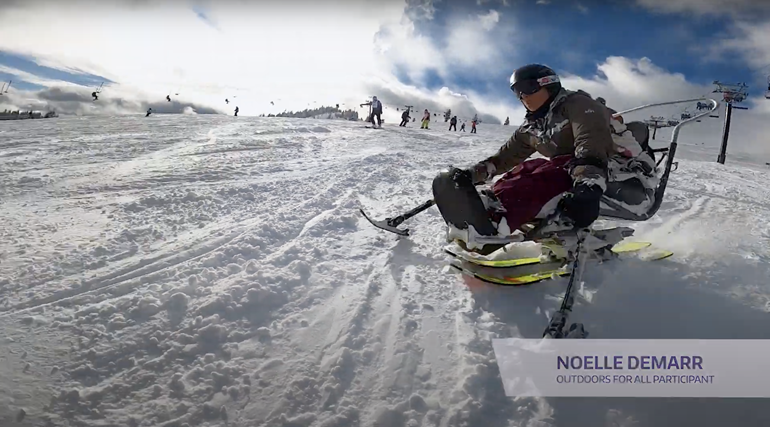
Nicole DeMarr, Outdoors for All participant
Noelle DeMarr, an experienced sit-skier who participates in Outdoors for All, thinks the partnership is a win-win. “I find some moments where my instructor is learning more from me and my experiences and equipment. It really is kind of a two-way relationship,” she said.
This winter, 17 students from UW’s Bothell and Seattle campuses, majoring in subjects from engineering to gender studies, are volunteering at Stevens Pass or Snoqualmie Pass each weekend for the course. The service-learning component of the class makes up 70% of the course; Naranjo and his students also meet online once a week.
“When they graduate from the UW and become citizens in our world, they can make change,” said Naranjo. “They can advocate for someone and alongside someone.”
